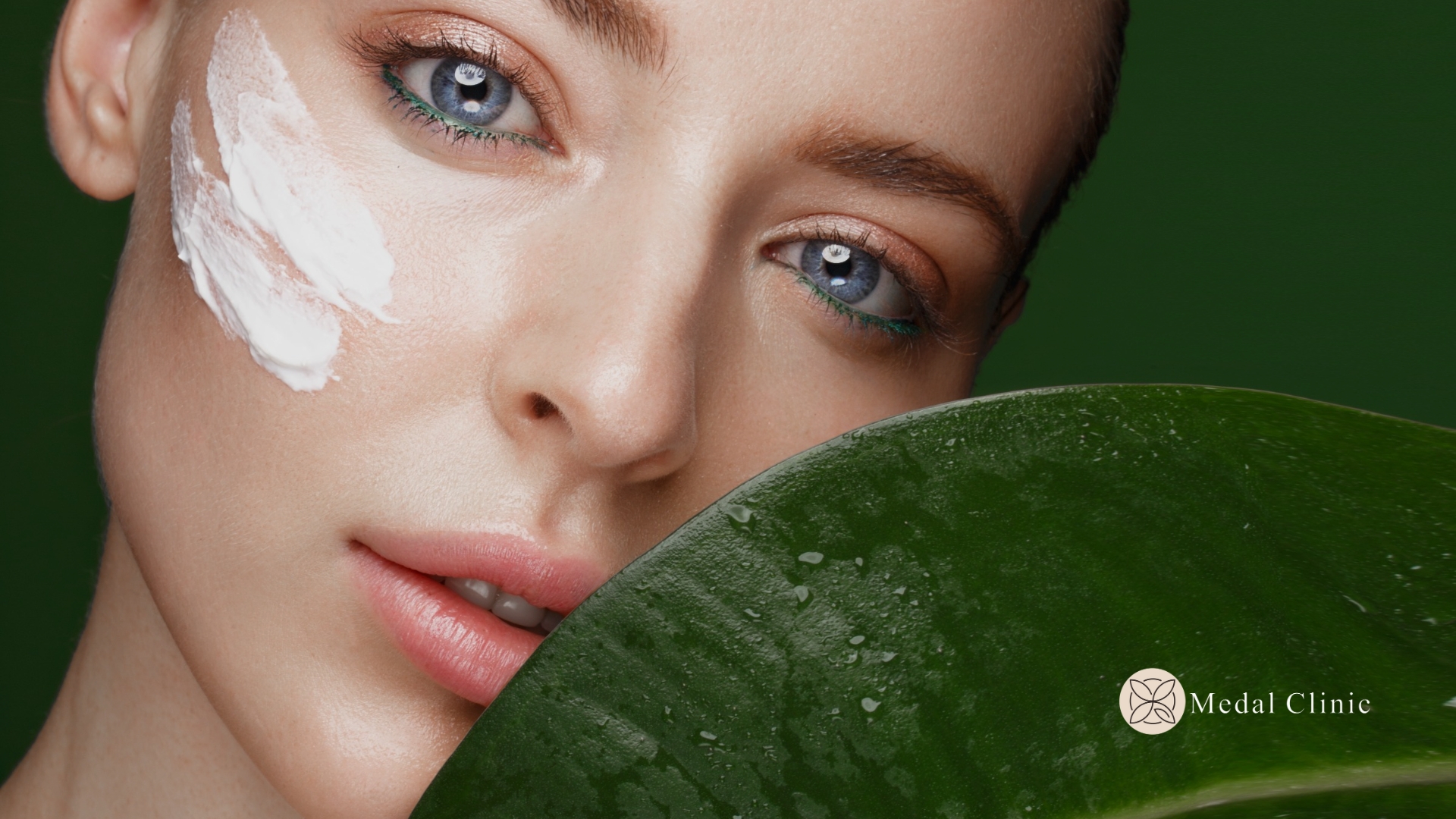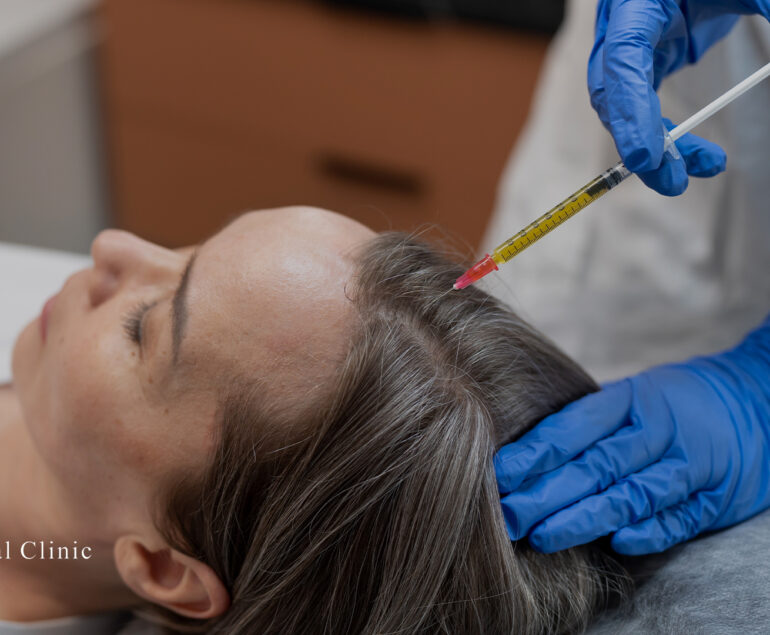The Basics of Skincare: A Guide to Healthy and Radiant Skin
A healthy and radiant complexion is something many of us aspire to achieve. While there are numerous skincare products and treatments available on the market, understanding the basics of skincare is essential for maintaining healthy skin in the long run. In this guide, we will delve into the fundamental principles of skincare, helping you establish a solid foundation for achieving and maintaining beautiful, glowing skin.
- Cleanse: The First Step to Healthy Skin
One of the most crucial steps in any skincare routine is cleansing. Properly cleansing your skin helps remove dirt, oil, makeup, and impurities that accumulate throughout the day. Choose a gentle cleanser suitable for your skin type, and make sure to cleanse your face twice a day, in the morning and before bed. Avoid harsh cleansers that can strip your skin of its natural oils, as this can lead to dryness and irritation.
- Exfoliate: Revealing Fresh and Smooth Skin
Regular exfoliation is key to maintaining a youthful and radiant complexion. Exfoliating removes dead skin cells, unclogs pores, and stimulates cell turnover. However, it’s important not to overdo it, as excessive exfoliation can irritate the skin. Aim to exfoliate 1-2 times per week using a gentle scrub or chemical exfoliant suited to your skin’s needs.
- Hydrate: Moisture is Vital
Proper hydration is vital for healthy skin. Moisturizers help lock in moisture, strengthen the skin’s protective barrier, and prevent water loss. Choose a moisturizer that suits your skin type, whether it’s dry, oily, or combination. Additionally, don’t forget to hydrate from within by drinking an adequate amount of water throughout the day. Hydrated skin appears plumper, smoother, and more youthful.
- Sun Protection: Shielding Your Skin from Harmful Rays
Protecting your skin from the sun’s harmful ultraviolet (UV) rays is crucial for preventing premature aging and reducing the risk of skin cancer. Apply a broad-spectrum sunscreen with an SPF of 30 or higher every day, even on cloudy days. Remember to reapply every two hours, especially if you’re spending extended periods outdoors. In addition to sunscreen, consider wearing protective clothing and seeking shade during peak sun hours.
- Healthy Lifestyle Habits: Nurturing Skin from Within
Skincare isn’t just about what you apply topically; it’s also influenced by your lifestyle habits. Here are a few practices that contribute to healthy skin:
Balanced Diet: Consume a nutrient-rich diet that includes fruits, vegetables, whole grains, lean proteins, and healthy fats. Vitamins and minerals found in these foods promote healthy skin.
Regular Exercise: Exercise increases blood flow, delivering oxygen and nutrients to the skin. It also promotes detoxification, resulting in a healthier complexion.
Sufficient Sleep: Lack of sleep can lead to dull skin, dark circles, and premature aging. Aim for 7-9 hours of quality sleep each night to allow your skin to repair and regenerate.
Stress Management: Chronic stress can negatively impact your skin’s health. Practice stress management techniques such as meditation, deep breathing exercises, or engaging in hobbies you enjoy.
Achieving healthy and radiant skin requires a consistent skincare routine and adopting a healthy lifestyle. By following the basics of skincare outlined in this guide, you can create a strong foundation for beautiful and glowing skin. Remember to cleanse, exfoliate, hydrate, protect from the sun, and practice healthy lifestyle habits. Your skin will thank you with a youthful, vibrant complexion that radiates confidence.
FAQ's
What is the importance of skincare?
Skincare is important because it helps maintain the health and appearance of your skin. It helps prevent and address various skin concerns, such as acne, dryness, aging, and sun damage. Additionally, a good skincare routine can enhance your self-confidence and overall well-being.
How often should I cleanse my face?
It is recommended to cleanse your face twice a day, in the morning and before bed. Cleansing in the morning helps remove any sweat, oil, or products that may have accumulated overnight. Cleansing before bed removes makeup, dirt, and impurities accumulated throughout the day, allowing your skin to breathe and regenerate while you sleep.
Can I exfoliate every day?
No, it is not recommended to exfoliate every day. Excessive exfoliation can irritate the skin and disrupt its natural balance. Depending on your skin type and the product you’re using, exfoliating 1-2 times per week is generally sufficient to remove dead skin cells and reveal smoother skin. If you have sensitive skin, opt for a gentler exfoliating method.
How do I choose the right moisturizer for my skin type?
Choosing the right moisturizer depends on your skin type. For dry skin, look for a rich and nourishing moisturizer with ingredients like hyaluronic acid, glycerin, or ceramides. If you have oily or combination skin, opt for lightweight, oil-free moisturizers or gel-based formulations. Those with sensitive skin should look for moisturizers labeled “hypoallergenic” or “fragrance-free” to minimize potential irritation.
Why is sunscreen important, and how often should I apply it?
Sunscreen is crucial for protecting your skin from the harmful effects of UV radiation. It helps prevent sunburn, premature aging, and reduces the risk of skin cancer. Apply a broad-spectrum sunscreen with an SPF of 30 or higher every day, regardless of the weather or time of year. Reapply every two hours, or more frequently if you’re sweating or swimming.
Can a healthy diet impact my skin's health?
Yes, a healthy diet can positively impact your skin’s health. Consuming a balanced diet rich in fruits, vegetables, whole grains, lean proteins, and healthy fats provides essential vitamins, minerals, and antioxidants that support skin health. Foods like berries, leafy greens, fatty fish, nuts, and seeds are particularly beneficial for the skin.
Are there any specific lifestyle habits that promote healthy skin?
Yes, certain lifestyle habits can contribute to healthy skin. These include getting sufficient sleep (7-9 hours per night), managing stress through relaxation techniques or hobbies, exercising regularly to improve blood circulation, and avoiding smoking and excessive alcohol consumption, as they can negatively impact the skin’s appearance and health.
How long does it take to see results from a skincare routine?
Results from a skincare routine can vary depending on various factors, including the specific concerns being addressed, the products used, and individual skin characteristics. Generally, it takes about 4-6 weeks to see noticeable improvements in the skin’s texture, hydration, and overall appearance. Consistency and patience are key when it comes to skincare.
Remember, everyone’s skin is unique, and what works for one person may not work the same way for another. It’s important to listen to your skin, pay attention to its needs, and make adjustments to your skincare routine accordingly. Consulting with a dermatologist or skincare professional can also provide personalized advice for your specific skin concerns.




